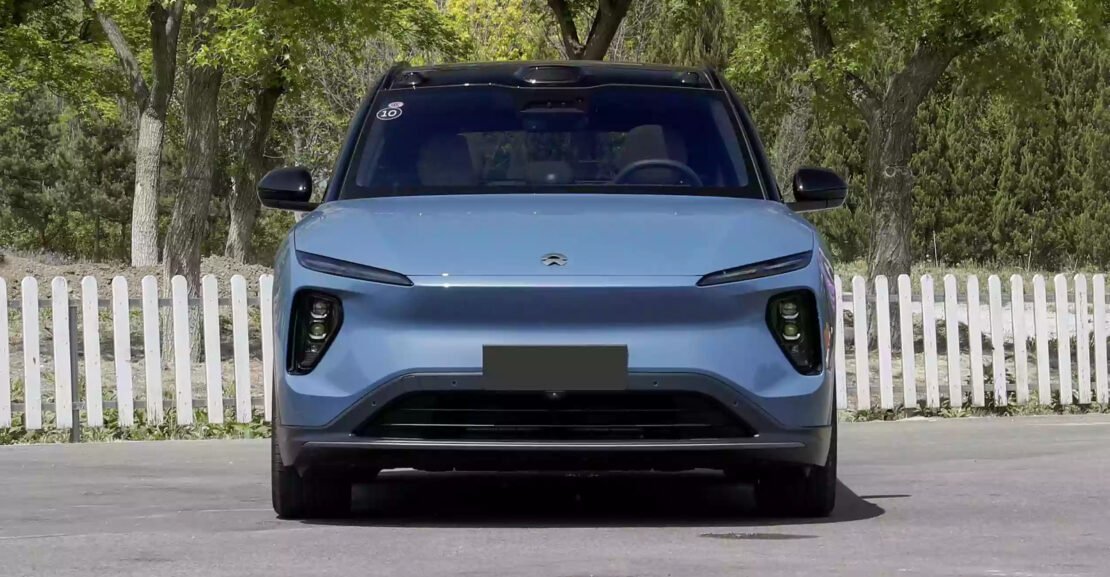Chinese automakers have undergone a remarkable transformation over the past decade, evolving from budget-focused manufacturers to serious contenders in the global automotive market. With significant investments in electric vehicle technology and innovative features, Chinese car brands are now offering compelling alternatives to traditional Western automakers. Whether you’re considering your first car or looking to upgrade, these Chinese vehicles deserve serious consideration.
Leading Chinese Car Brands Making Waves
BYD has emerged as one of China’s most successful automotive exports, particularly in the electric vehicle segment. Their vehicles combine solid build quality with advanced battery technology, making them popular choices in both domestic and international markets. The company’s vertical integration – manufacturing everything from batteries to complete vehicles – gives them significant cost advantages and quality control.
NIO represents China’s push into premium electric vehicles, offering luxury SUVs and sedans with innovative features like battery swapping technology. Their customer service model, including home charging installation and mobile service units, sets them apart from traditional automakers.
Xpeng focuses heavily on autonomous driving technology and smart connectivity features. Their vehicles often include advanced driver assistance systems that rival or exceed those found in much more expensive vehicles from established brands.
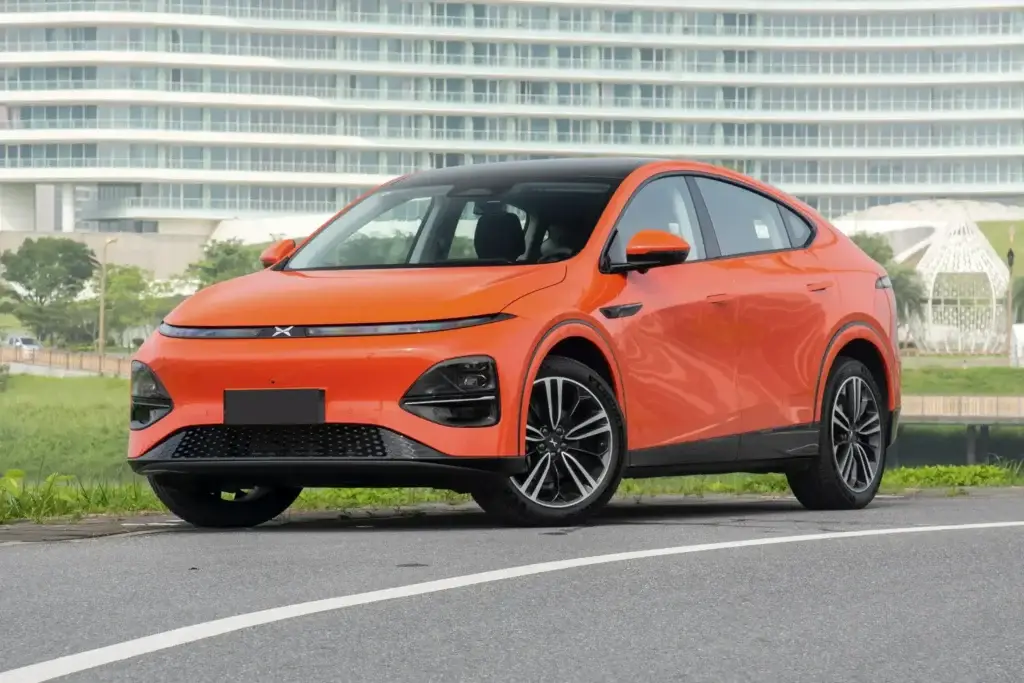
Li Auto specializes in extended-range electric vehicles, addressing range anxiety concerns while maintaining electric driving benefits. This approach has proven particularly popular in markets where charging infrastructure is still developing.

Best Chinese Electric Vehicles Under $40,000
The MG ZS EV from SAIC Motor offers excellent value in the compact SUV segment. With a range exceeding 260 miles and modern safety features, it competes directly with established brands while often undercutting their prices significantly. The vehicle’s spacious interior and comprehensive infotainment system make it ideal for families seeking affordable electric mobility.
BYD’s Dolphin presents a unique approach to compact electric vehicles, featuring a distinctive design that maximizes interior space despite its small footprint. Its blade battery technology provides both safety and longevity advantages, while the vehicle’s urban-friendly size makes parking and maneuvering effortless.
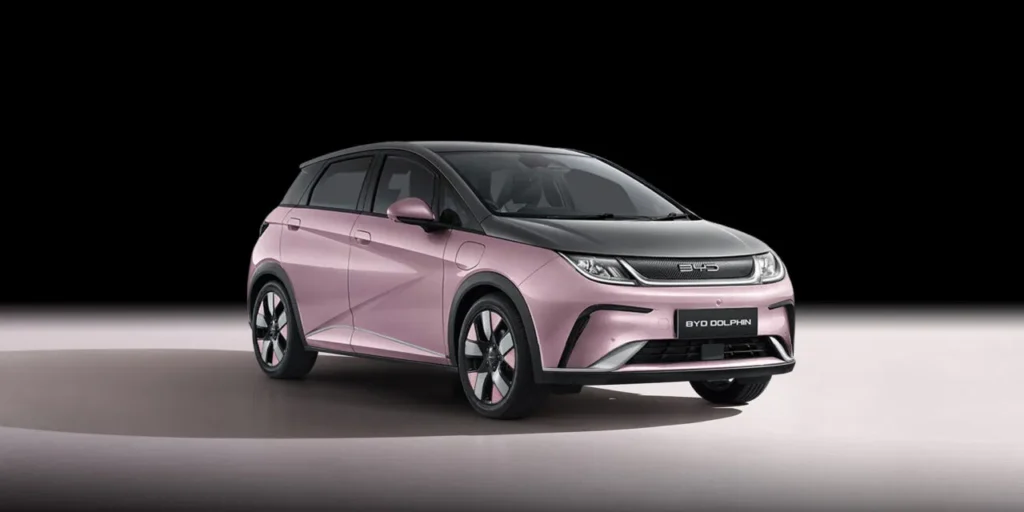
Ora Good Cat from Great Wall Motors combines retro styling with modern electric drivetrains. This vehicle appeals to buyers seeking personality and character in their electric vehicle, with customization options that allow owners to create truly unique vehicles.
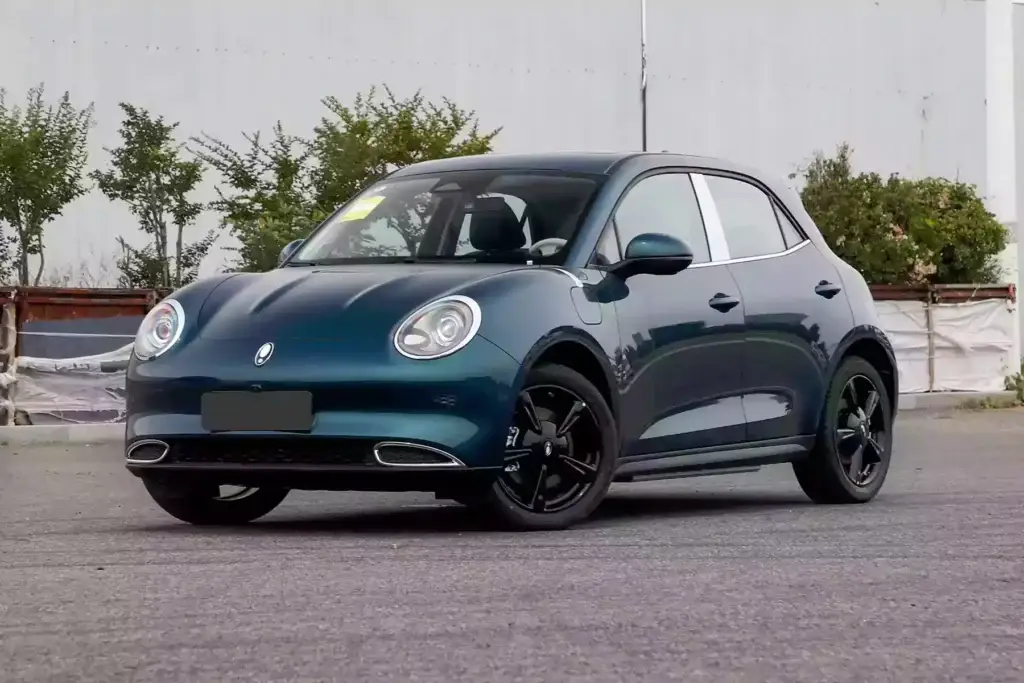
Chery’s QQ Ice Cream offers an ultra-affordable entry point into electric mobility without sacrificing essential features. Perfect for city driving and short commutes, it demonstrates how Chinese manufacturers can deliver functional transportation at remarkably low price points.
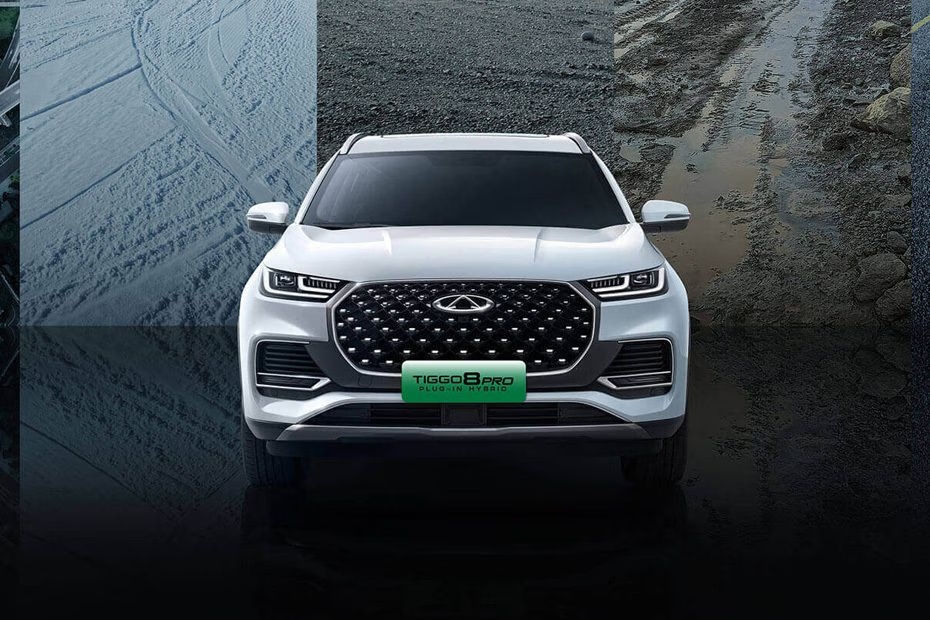
Luxury Chinese Vehicles Competing Globally
Hongqi represents China’s ambition in the luxury vehicle market, offering sedans and SUVs that compete with established European luxury brands. Their vehicles feature handcrafted interiors, advanced technology, and distinctive design elements that reflect Chinese cultural influences while maintaining international appeal.
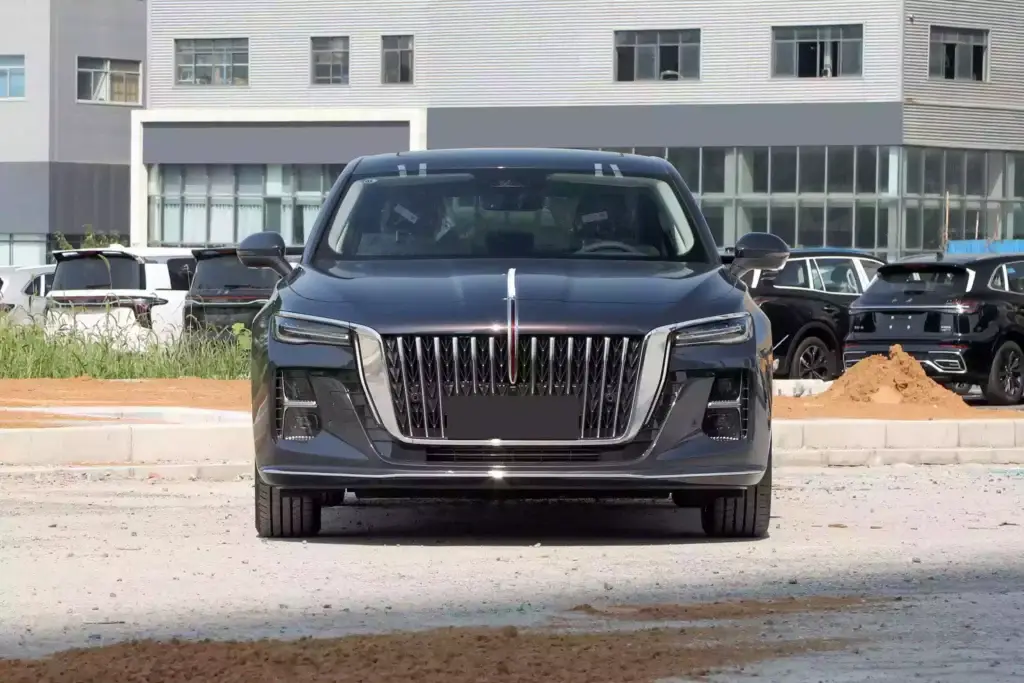
NIO’s ET7 sedan showcases Chinese innovation in premium electric vehicles, featuring a 150 kWh battery option that can deliver over 620 miles of range. The vehicle’s minimalist interior design emphasizes technology integration, including a sophisticated AI assistant and advanced autonomous driving capabilities.
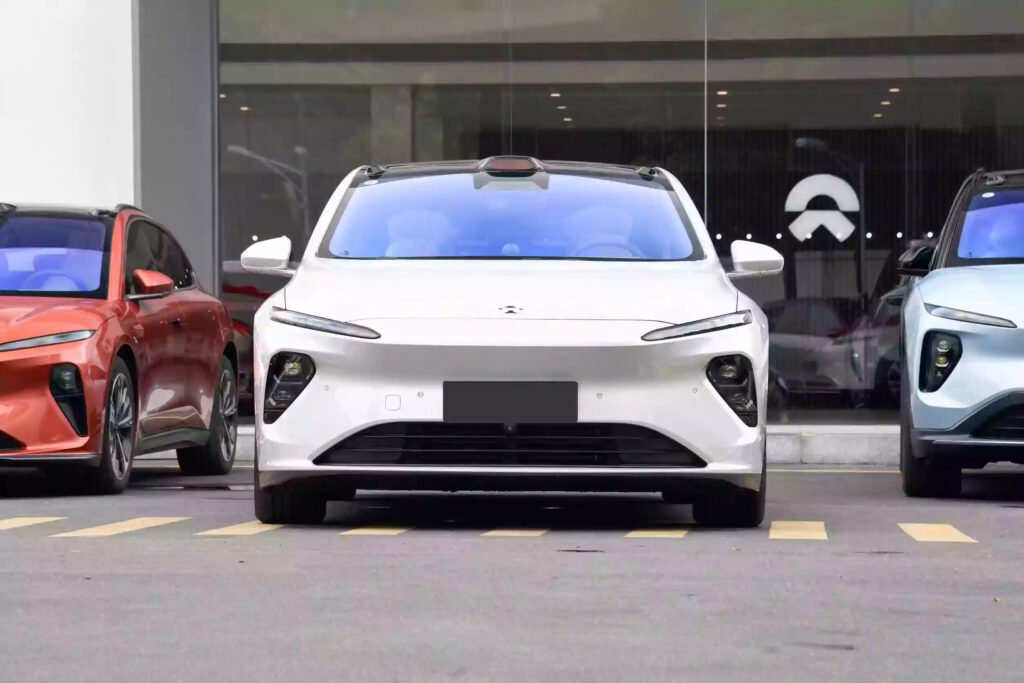
XPeng’s G9 SUV enters the premium electric SUV market with competitive specifications and pricing. Its 800V platform enables ultra-fast charging, while the vehicle’s aerodynamic design contributes to impressive efficiency ratings.
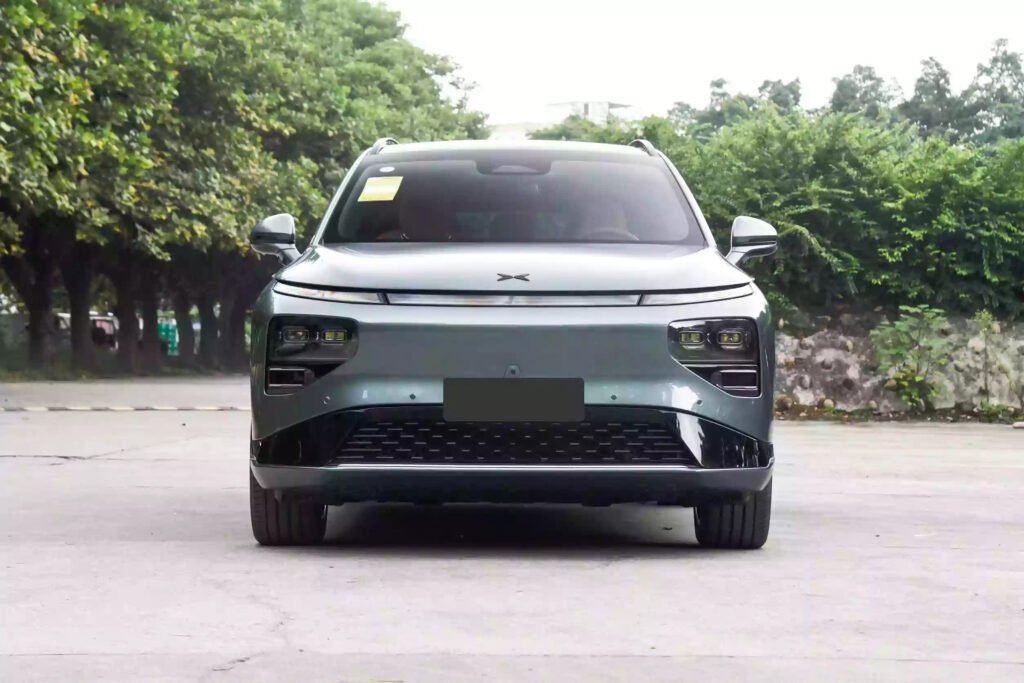
AITO’s M5 and M7 models, developed in partnership with Huawei, integrate advanced connectivity and smart home integration features that represent the future of connected vehicles. These vehicles function as mobile smart devices, seamlessly connecting with users’ digital ecosystems.
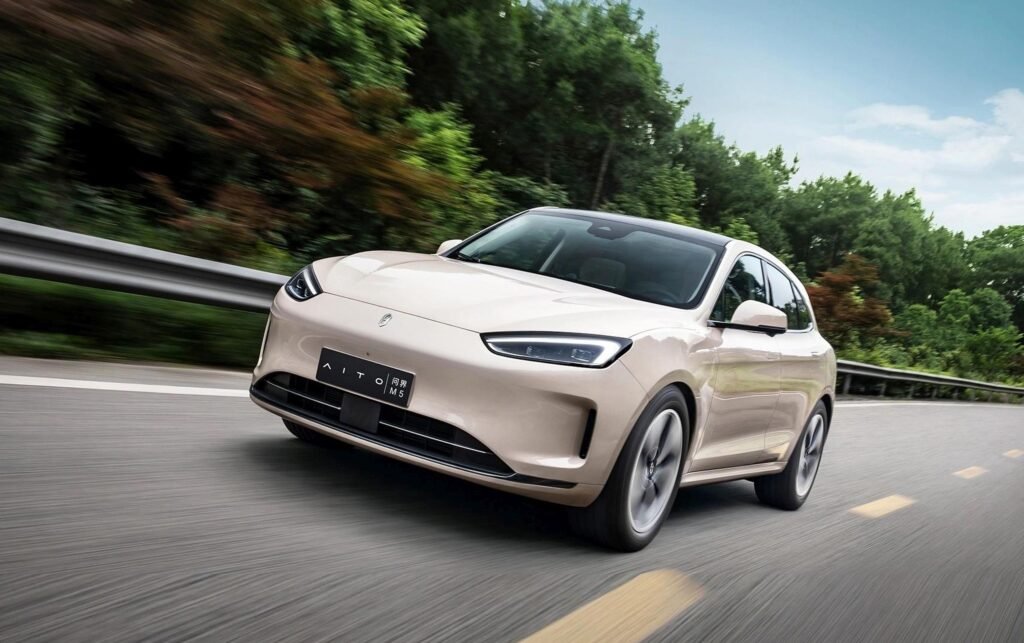
What Makes Chinese Cars Competitive Today?
Chinese automakers benefit from access to advanced domestic supply chains, particularly in battery technology and electronics. This vertical integration allows for faster development cycles and cost advantages that translate to competitive pricing for consumers.
Government support has been crucial in developing China’s automotive industry, with substantial investments in research and development, manufacturing infrastructure, and export market development. This backing has enabled Chinese brands to take risks and innovate in ways that might be challenging for companies without similar support.
The domestic market’s size provides Chinese manufacturers with valuable real-world testing environments, allowing them to refine vehicles under diverse conditions before international expansion. This extensive testing contributes to the reliability and refinement found in current Chinese vehicle offerings.
Manufacturing efficiency and scale economics give Chinese automakers significant advantages in producing high-quality vehicles at competitive prices. Many facilities incorporate Industry 4.0 technologies, resulting in consistent build quality and rapid production capabilities.
As Chinese automakers continue expanding globally, their combination of advanced technology, competitive pricing, and innovative features makes them increasingly attractive options for consumers worldwide. The quality gap between Chinese and established international brands continues narrowing, while in some areas like electric vehicle technology, Chinese manufacturers often lead the market.
Frequently Asked Questions
Q: Are Chinese cars reliable compared to Japanese or German brands? A: Modern Chinese vehicles have significantly improved in quality and reliability, with many now matching or exceeding international standards. Brands like BYD and Geely consistently rank well in quality surveys, though long-term reliability data is still developing.
Q: What warranty coverage do Chinese car brands typically offer? A: Most Chinese automakers offer competitive warranty packages, typically ranging from 3-8 years or 36,000-100,000 miles. Many provide longer coverage for electric powertrains and battery systems compared to traditional automakers.
Q: Where can I buy Chinese cars in the United States? A: Currently, BYD, NIO, and Xpeng have limited US presence, primarily through select dealerships in major cities. MG (Morris Garages) has broader availability through existing dealer networks, with other brands planning gradual US market expansion.

